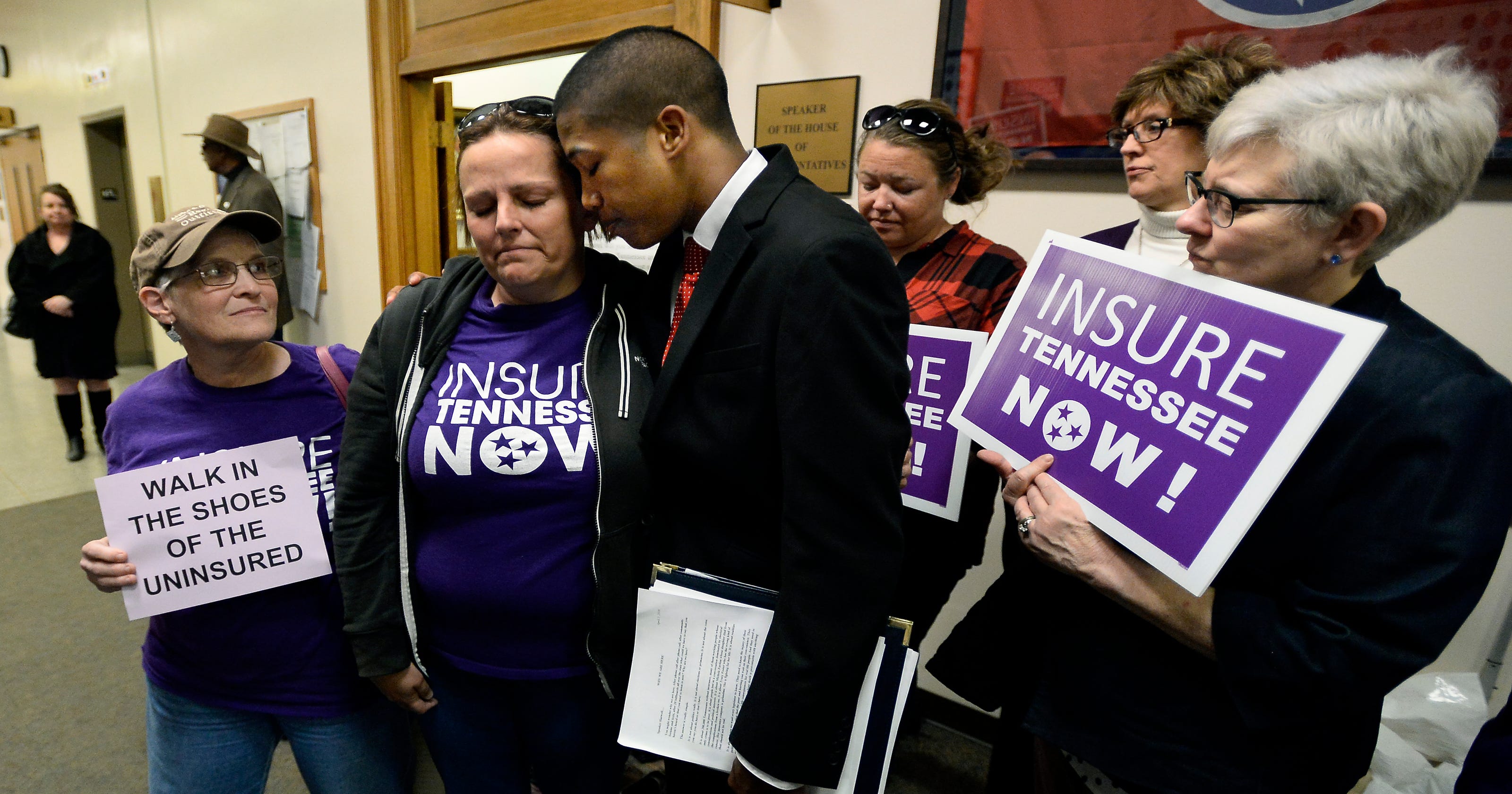The clock started ticking Jan. 1 for about 50,000 food stamp recipients in Cook County who are now limited to three months of benefits over three years, unless they work, volunteer or participate in job training for at least 20 hours a week. there are grave concerns on multiple fronts that the state’s workforce development system isn’t equipped to handle all the people who might need help securing employment, and that many people might not learn the rules even exist until their benefits are cut off.
Minnesotans on food stamps would lose out if utility deduction changes.
“I appreciate the opportunity for a second chance, just to be heard.”
“Putting people in jail constantly for [probation violations] will actually increase recidivism and decrease public safety.”
“Bail reform is well meaning, but there are unintended consequences,” a prosecutor said.
The Trump administration is taking steps to roll back an Obama-era rule intended to ensure that communities address racial segregation in housing.
Wages rose faster for low-income workers than for any other group in 2019. The gains are partly explained by the tight labor market. But increases in minimum wages also contributed to the gains.
The long economic recovery and a worker shortage are finally beginning to pay off for earners at the bottom of the income ladder.
The Labor Department’s monthly jobs report suggests that the economy ended 2019 on a steady footing.
New research from The New School Schwartz Center for Economic Policy Analysis shows that Social Security retirement benefits help narrow the gap between the haves and have nots. But it’s not enough to prevent some workers from facing poverty in retirement.
The new study from Vanderbilt and Harvard researchers will likely fuel new arguments in Tennessee’s debate over Medicaid expansion.
Increased availability of addiction treatment for the poor linked to fewer heroin and fentanyl opioid deaths
The number of states making it easier for inmates to reactivate benefits has tripled.
A legislative committee studying Georgia’s troubling record of maternal deaths has found the s…
Perinatal or postpartum depression is surprisingly common, affecting more than one in 10 California women on average. But among low-income women the rate is almost one in five.














